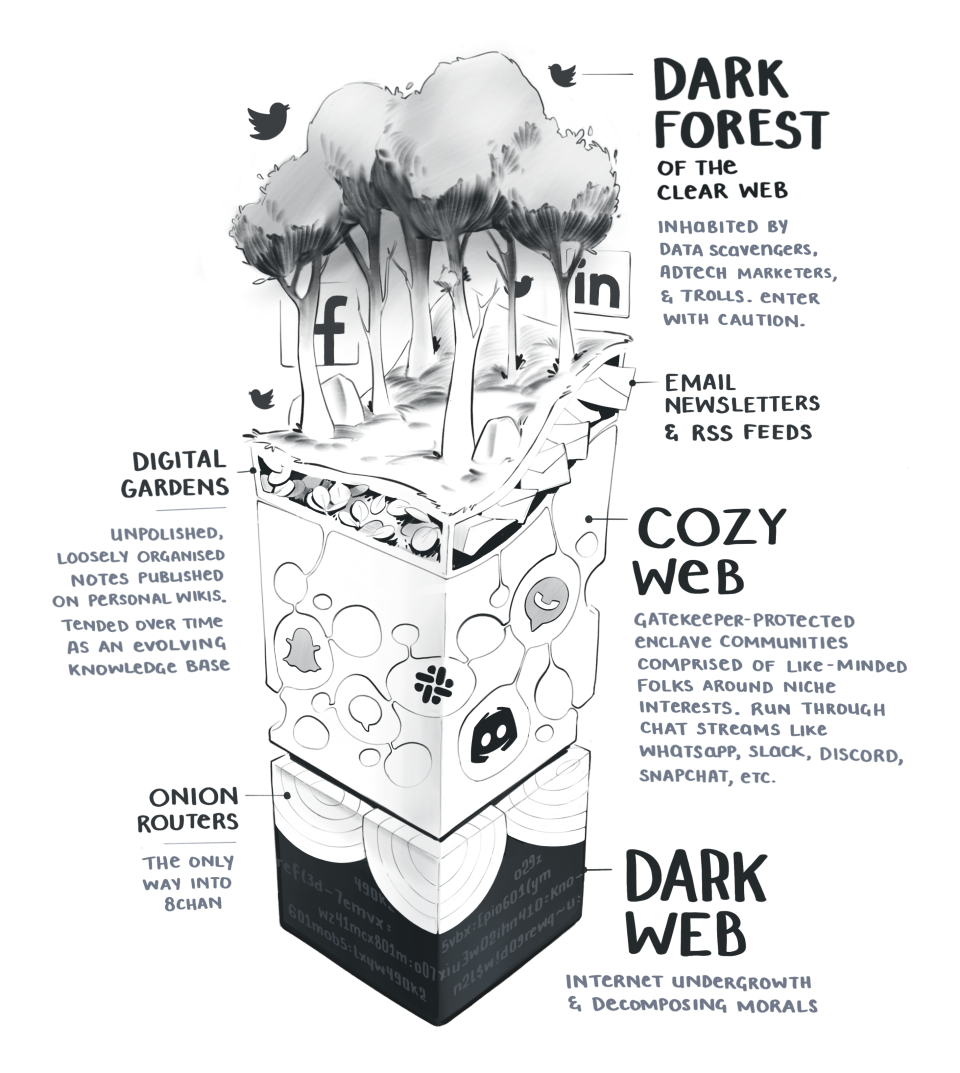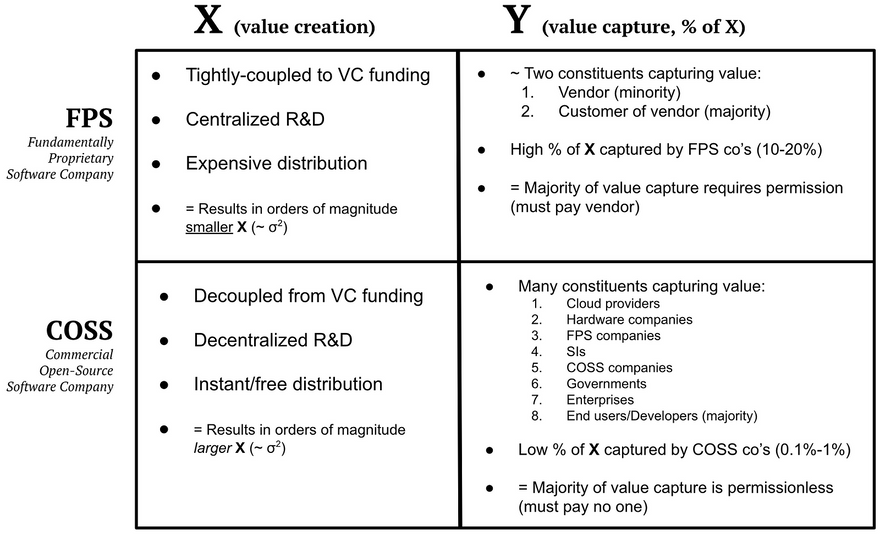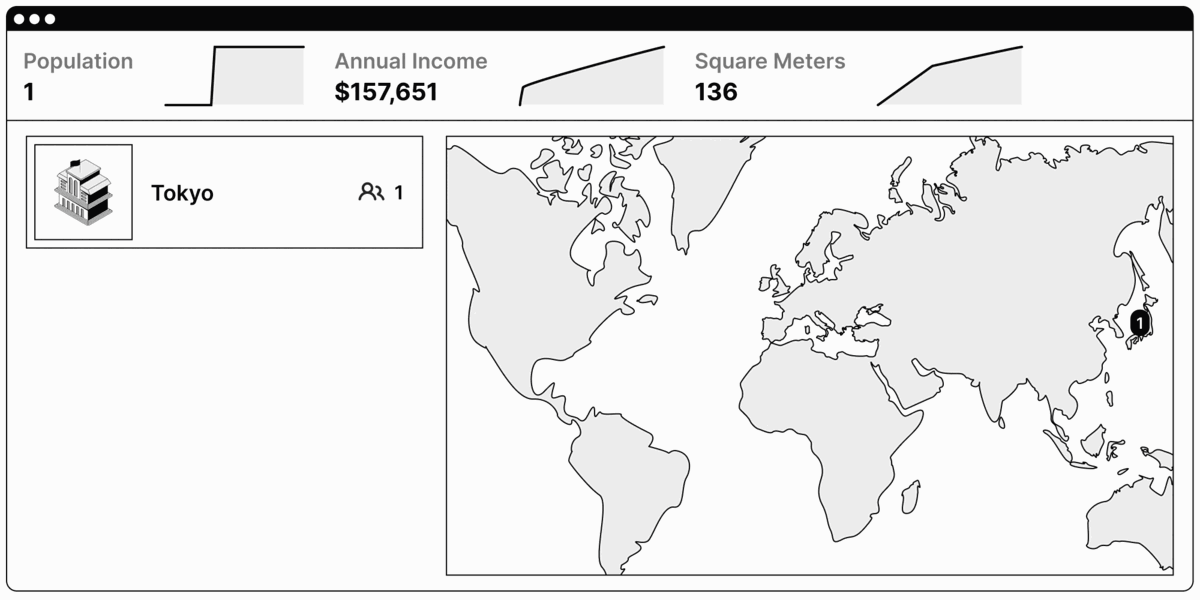What Meta-corp can give the fediverse: Money
 Money, Money, Money by Uganda Lebre
Money, Money, Money by Uganda Lebre
Threads has entered the fediverse. There is so much to say about this, and I'm simply not ready to take a decisive stance on the matter as a whole yet.
Deciding to federate with Threads is analogous to doing trade with the United States of America. The USA has a contentious history to say the least, but it's a continent-sized nation containing multitudes.
It also commands such an overwhelming influence over the global order that shutting ones door to it can be likened to opting out of globalization altogether. That's not an innately good or bad, wise or unwise thing to do, but it's a choice with far-reaching consequences. It's also a choice that's weighted very differently depending on your standing in the world.
For some nations, there is no choice. Our globally connected and unevenly distributed world is such that not all nations can afford to close off their borders and trade routes to the US without ruinous consequences. Consider this before you chastise those who do not exercise their supposed liberties the same way you do by “doing what is right”.
Unprecedented
I'm generally in favor of at least trying what hasn't been attempted before, and this breaking of bread between David and Goliath seems unprecedented. Some will argue that this is history repeating itself, but what's going on today is a very different story.
Unlike how Facebook and Google voluntarily adopted the XMPP chat standard as self-serving product strategy, Threads is not making today's interoperability play voluntarily. The EU forced their hand and the US finally beginning to hold their mega-corporations to account as well, so Meta is left with no option but to make the most of the hand they've been dealt.
There are anti-monopoly regulations hammering down on the internet behemoths from all angles now. Threads' adoption of the ActivityPub protocol is Meta's plea for goodwill from the multi-national regulators who are breathing down their necks.
I suspect the fedi-collective has more negotiating power in this moment than it realizes. We may as well make some asks, see how Meta responds, and they in turn will see how the public, the media and the regulators respond to them in this bold new era of pervasive Big Tech skepticism.
Money, please
From Meta’s decentralized social plans confirmed. Is Embrace-Extend-Extinguish of the Fediverse next?:
It does not help that the Fediverse today is chronically underfunded and has corresponding difficulty to compete at the same speed as somebody like Meta can. Actually, “unfunded” is a better term because the amounts are so small. There are many unpaid contributions, the Fediverse largely being open source and all, but I’d be surprised if more than $10m per year are spent in total on the entire Fediverse today, likely it’s far less. If Meta can burn more than $10b – that’s one entire annual fediverse spend every 8 hours! – on a very doubtful Metaverse project, they surely could find the same amount of money to protect their core business.
How can Meta extend a tangible gesture of good will towards the fediverse? Pitching in an extra $10M per year would be a good start! A bit of internet reparations.
The initial commitment could be far more modest though. How about a $600,000 trial run for the next six months? To make it more concrete, I propose three initial domains of funding specifically intended to mitigate oft-cited legitimate concerns of fedizens today:
'Threads will coopt the fediverse protocol'
Mitigation strategy: Make a comprehensive test suite to elevate ActivityPub from an implicit to an explicit set of standards.
$200,000 in additional funding for the ongoing ActivityPub Test Suite, reinforcing the efforts already backed by NLnet and Sovereign Tech Fund.
'Threads users will overburden fediverse moderators'
Mitigation strategy: Make moderation tooling that works at scale, in a federated model.
$200,000 in additional funding for the ongoing moderation tooling initiatives, such as IFTAS (sponsored by New Venture Fund) and FSEP (sponsored by Nivenly foundation).
'Threads will lock in users'
Mitigation strategy: Sponsor the development of Decentralized Identity in ActivityPub (Nomadic Identity).
$200,000 in additional funding for the ongoing SocialWeb Coöp's ongoing work on Portability Tools (scroll to bottom), Mike Macgirvin, silverpill as well as other complementary initiatives in this space.
I will gladly receive corrections/addendums to information about the initiatives and funding-orgs I've listed above; this is not an exhaustive overview.
It will take a lot more than money for Meta to change its dubious image in the eyes of the fedi-nations, but this preliminary act of generosity could still make a real difference.
If anyone at Meta or Threads reads this and wants to help move it along, you can reach out to me for some facilitation, or just directly contact the orgs above along with your existing contacts in the diaspora of fediverse leadership.





